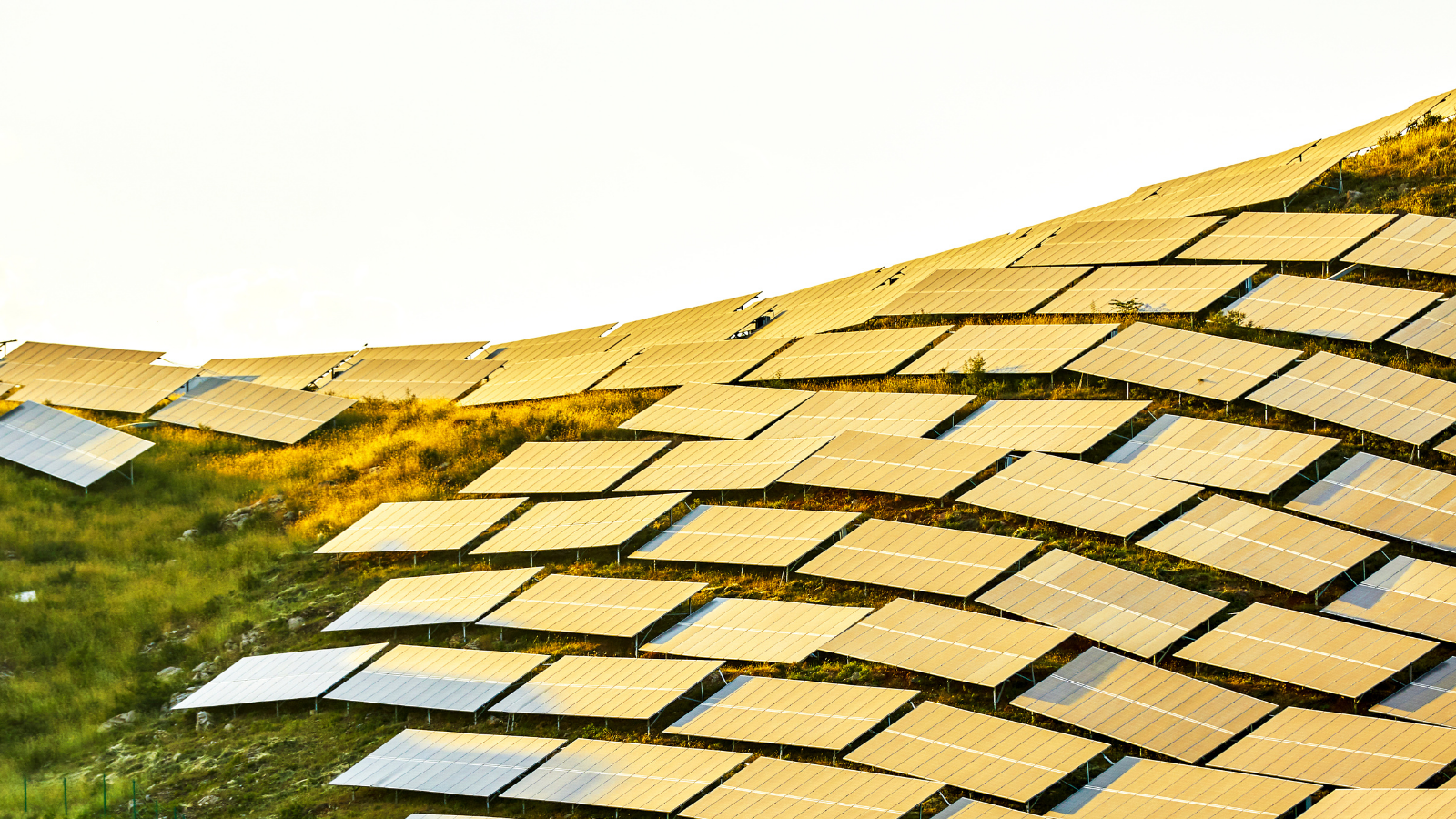By Mariano Bonino
When I was 8 years old or so, attending primary school in Argentina, I was asked to prepare a project about the environment. At that time, in 1994, humanity was still struggling with the depletion of the ozone layer, so I decided to mock up a big planet Earth with the ozone layer above and, of course, add a big hole on it.
Some time has gone since then, and I am now a Contract & Tender Specialist with experience in different industries (e.g. leading tender project in a multinational gas company for the EMEA region), and I am currently working on a new tender and contract consultancy project related with sustainability in business. But through all these years, I have been thinking about how to influence the contracting process with considerations, content, specific terms and conditions around sustainability. I found myself looking for new knowledge to succeed in this goal.
I found Age of Sustainable Development, a free online course offered by SDG Academy through the edX platform and a companion to the book of the same name by UN Sustainable Development Solutions Network President and Columbia University Professor Jeffrey Sachs. This course introduced me to a huge amount of valuable information around the basics of sustainable development: the role of people (inequality, poverty and human rights), the role of the planet (the value of renewable energy, sustainable consumption of our natural resources), the Paris Climate Agreement, and the Sustainable Development Goals (SDGs) Agenda for 2030.
Taking this course enabled me to better guide the company’s contract team in this topic and to be helpful to contracting with authorities and bodies governed by public law (universities, government agencies, etc.) in order to implement these concepts into the tender process, award criteria, or even in contract drafting due diligence (e.g. gender equality terms for an accurate awarding of the tender process or when applying the general principles governing the choice of participants). (See also DIRECTIVE 2014/24/EU Article 37, 40.)
Soon after finishing the first course I jumped onto the next one: Climate Action: Solutions for a Changing Planet. I have always been enthusiastic about renewable energy, clean power, and the idea of a transition to a low-carbon economy; but, honestly, I didn’t have enough information about it. For instance, which are the latest technologies or innovations, public policy strategies, or markets behaviors supporting the transition?
Climate Action is taught by professors and researchers from world-renowned institutions, including Columbia University’s Earth Institute, the Deep Decarbonization Pathways Project, the International Institute for Applied Systems Analysis (IIASA), and the World Business Council For Sustainable Development (WBCSD), so the lessons are enriched with different perspectives, international cases, and a comprehensive understanding of the policy priorities necessary to implement the Paris Climate Agreement in all of the world’s regions.
North of Argentina: Tenders and Renewables Energies
South America is an emerging market for “renewables” (Mainly Solar PV and Wind). In northern Argentina near my hometown (Jujuy), the Chinese firms—PowerChina and Shanghai Electric Power Construction Co. Ltd —jointly won a tender to build Argentina’s largest solar farm: Cauchari (also one of the largest in LATAM) who recently started to produce solar energy for the region. Besides this project, another renewable energy project is likely to rise in the area: the Tuzgle volcano on Geothermal Energy, and I must highlight the largest lithium producer in the area, the joint venture “Minera Exar” between Ganfeng Lithium and Lithium Americas Corp. (LAC) who expects to finish the project construction next year.
More projects around renewables are starting up all over the world. As the movement spread, the opportunity to participate in and implement all the knowledge from an online course is empowering. We have an unprecedented chance to build outstanding professional skills; for instance, the projects mentioned above impact economic growth, entrepreneurship, creativity, and innovation in the local community, and encourage plans and professional careers like mine.
We should understand that we are living in a transition-challenging time. The next 30 years are going to be crucial for every country’s development, policy, sustainable economic growth, and energy markets to align with the Paris Climate Agreement and avoid climate change, limiting global warming to well below 2°C and pursuing efforts to limit it to 1.5°C. We as lawyers, specialists, legal practitioners, and economists should be well prepared for it.
Perhaps the same enthusiasm I had in my childhood to help with ozone depletion is still with me now as a specialist. I feel that I am part of “the transition” from business-as-usual to sustainability and from fossil fuels to low-carbon emission. I’m starting to believe that we can be a factor of change.

.
Mariano Bonino is a Tender & Contract Specialist and business owner of a consultancy project around sustainability in Public Procurement and contract management. With a wide experience in business environment and strong comprehensive knowledge in Commercial Law, he has evolved his professional career around contracts and business processes in major industries, including Financial, Real estate, Healthcare & Gas, and different spheres such as private contracting and public procurement.
He is familiarized with Europe and Latin America legal frameworks, business best practices, and the understanding of market behaviors.
